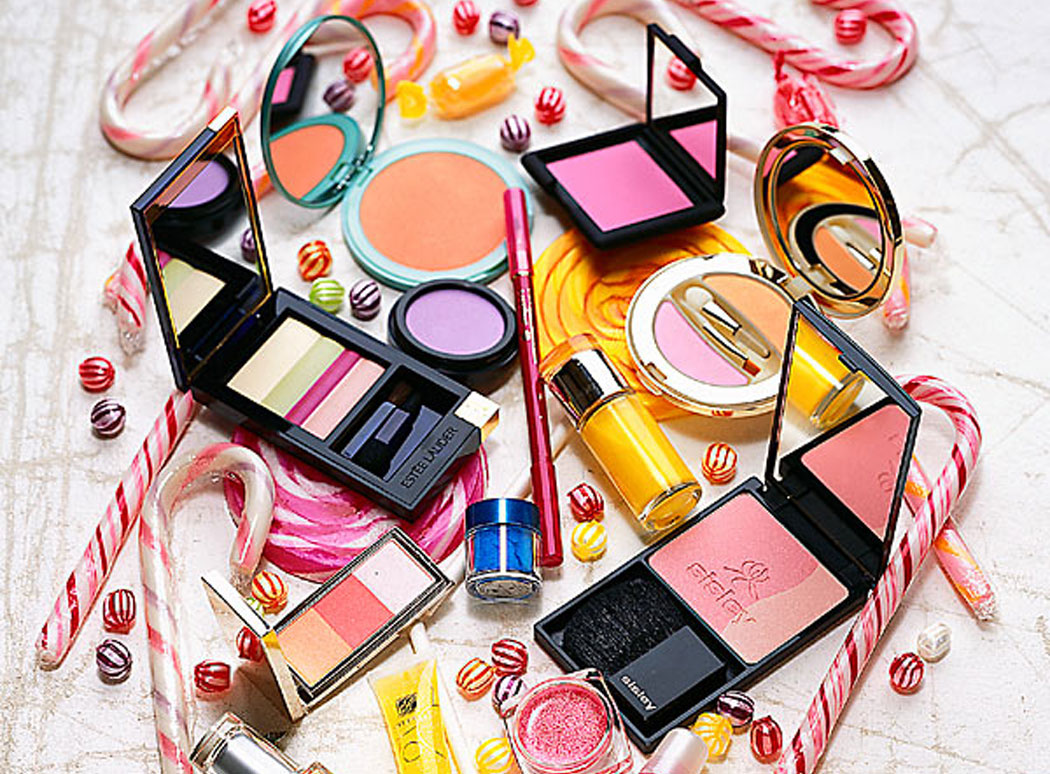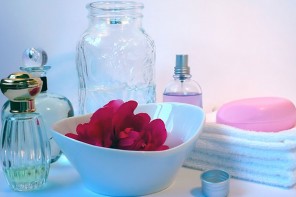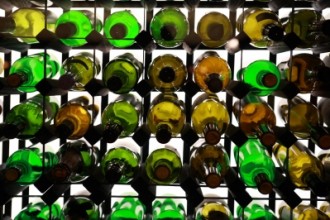You might think that if you purchase eco-friendly makeup you don’t need to worry too much about its expiration date because it contains natural ingredients. But this is not the case.
When your fresh fruit starts to look a tad bruised or your milk is a day past its expiration date, they might still be okay to consume. You know that expiration dates are not always hard and fast rules. Sometimes they can be misleading on food, allowing you a bit of extra time to consume the goods before they go off. However, you know that, given an extra day or so, the fruit and milk in question will start to reveal that it is no longer good to eat. Your makeup and skincare products might not show you such clear signs that they are to be thrown out, but that doesn’t mean you should continue using them once their time is up – even if they are organic and/or natural.
Long-Lasting? Not So Much…
Eco skin and beauty products make use of natural and/or organic ingredients, such as fruits and plants, which means that they tend to have a shorter shelf life. This is also due to the case that they lack the preservatives regular products will contain to give them longevity.
Shelf Life SOS!
Sometimes expired beauty products don’t do any harm, but because the ingredients have become rancid, they could result in skin irritations, such as pimples, dermatitis, allergies and infections, so it’s best not to risk it. If there isn’t an expiration date on your organic product, follow these guidelines to ensure that what you’re putting on your face is fresh and safe.
- Mascara and liquid eye liner should be thrown away after three months.
- Skin cream, moisturiser, lipstick, sunscreen, foundation and concealer usually have a shelf life of approximately six months.
- Don’t forget your loofahs and sponges! Although sometimes living on the shelf for a long time, these should really be thrown away after two months of use because they are often in water and become havens for bacteria.
To Toss or Not?
If a product starts to smell a little funny or different from what it used to smell like, this is usually a good indication that it is reaching its toss-out date. Other things to look for include changes in consistency and colour. Remind yourself of the date when you opened a product by getting into the habit of making a note on it with a marker and sticky tape so that you won’t need to second-guess yourself about its lifespan.
Keep it Clean!
A good tip to prevent you from decreasing your product’s lifespan is to ensure that you don’t compromise its cleanliness. For example, if you have a tub of moisturiser or lip gloss, don’t place dirty fingers in it when applying it to your face. This can increase its bacteria, which diminishes its quality and longevity.
Image here










